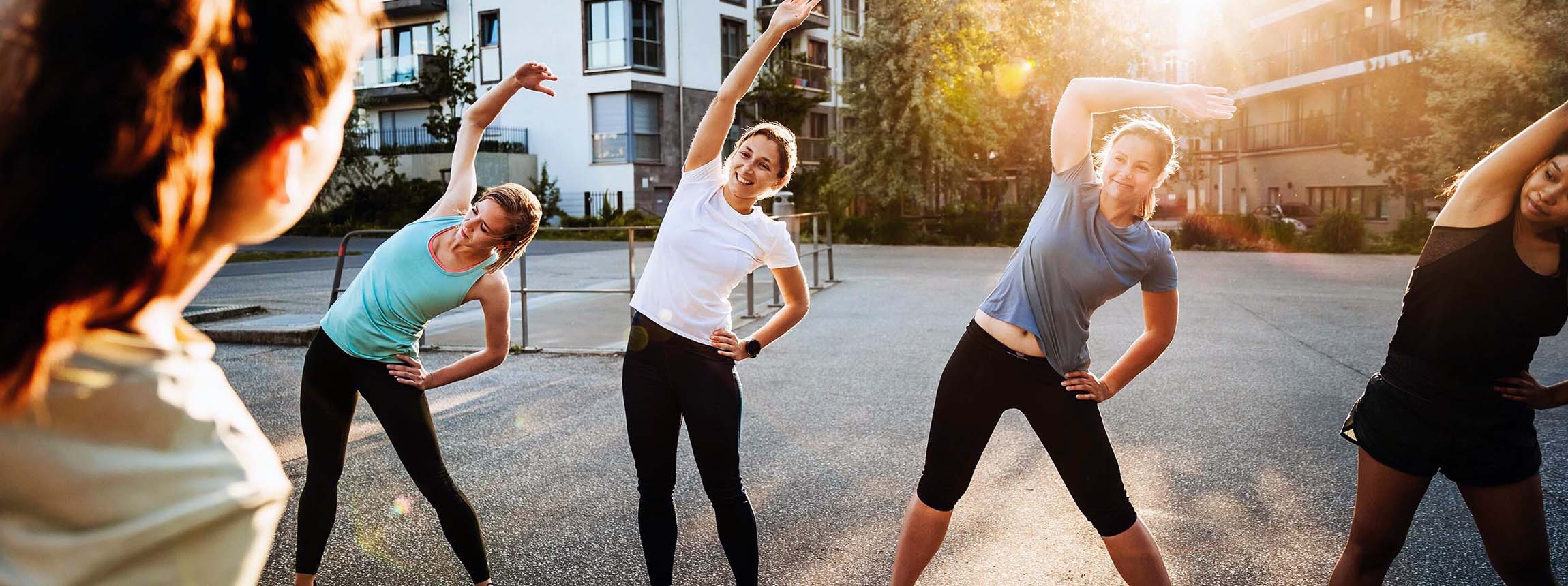The International Olympic Committee (IOC) has once again demonstrated its unwavering commitment to promoting healthy and active lifestyles by throwing its weight behind the Global Alliance for the Promotion of Physical Activity.
As a proud signatory of the Hamburg Declaration, alongside over 100 other organizations, the IOC has solidified its dedication to this noble cause.
The renewal of the Global Alliance took place during the highly anticipated Sports, Medicine and Health Summit held in Hamburg from June 22 to 24, 2023.
At this pivotal event, participant organizations convened to discuss four key policy initiatives aimed at combating physical inactivity.
These initiatives include advocating for physical activity as medicine, lobbying decision-makers, tailoring physical activity to suit individuals and communities, and harnessing cutting-edge technology to integrate physical activity into our daily lives. This united effort represents a formidable stand against a pervasive global issue.
According to the World Health Organization (WHO), children and teenagers should engage in at least 60 minutes of physical activity daily, while adults should aim for a minimum of 150 minutes per week.
Shockingly, a report from 2022 revealed that a staggering 81 per cent of adolescents and 27.5 per cent of adults fail to meet these recommended targets.
The Global Alliance for the Promotion of Physical Activity, driven by the Hamburg Declaration, serves as an extraordinary and concerted endeavour by the sports medicine community to reverse this disconcerting trend.
By promoting physical activity as a form of medicine, influencing policy-makers, adapting the physical activity to cater to diverse individuals and communities, and harnessing the latest technological advancements, the alliance strives to improve public health, enhance well-being, and confront the societal repercussions of physical inactivity head-on.
Additionally, the Global Alliance will provide support for a joint program launched by the IOC and WHO in November of the previous year.
This program aims to bolster the role of sports in contributing to the Global Action Plan on Physical Activity’s target of reducing physical inactivity by 15 per cent by 2030.
Over the course of three years, the IOC and WHO will collaborate closely to provide guidance, training, and toolkits to health and sports organizations alike.
Through initiatives like Olympism365, which emphasizes sport, health, and active communities, the IOC is committed to increasing its support for community sport and promoting participation in physical activities.
It is worth noting that the Hamburg Declaration, which received the IOC Medical and Scientific Commission’s endorsement, is supported by the Physical Activity and Population Health working group established by the commission in 2022.
Distinguished figures such as Yannis Pitsiladis, Fabio Pigozzi, Fiona Bull, and Joel Bouzou OLY were among the notable attendees at the recent Hamburg event. Their collective presence and expertise underscore the gravity of this movement.
Undoubtedly, physical activity lies at the core of the Olympic spirit. For years, the IOC has championed the role of sport and the Olympic Games in fostering healthy and active lives.
Regular physical activity has proven instrumental in preventing noncommunicable diseases such as heart disease, diabetes, and various forms of cancer.
The IOC’s endorsement of the Global Alliance for the Promotion of Physical Activity coincides with the launch of Let’s Move, a remarkable global initiative developed in collaboration with the WHO.
This initiative, led by Olympians, was unveiled on Olympic Day, June 23, and aims to inspire and enable people worldwide to incorporate more movement into their daily lives for improved health.
Embracing the Global Alliance for the Promotion of Physical Activity perfectly aligns with the IOC’s overarching strategy of Olympism365.
This strategy focuses on leveraging the power of sport to support the United Nations’ Sustainable Development Goals and further reinforces the IOC’s commitment to making a lasting impact on our collective well-being.
